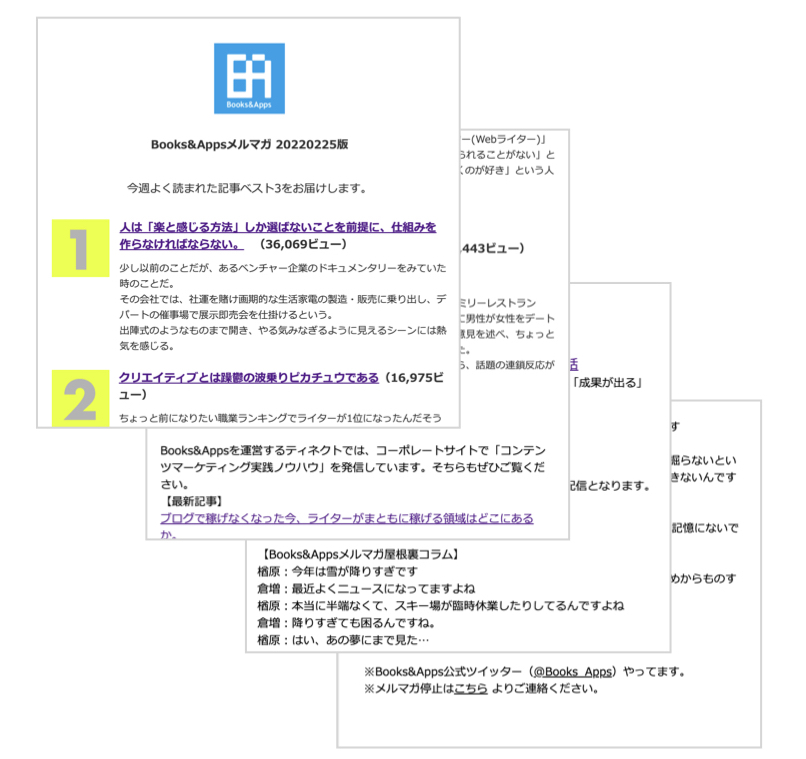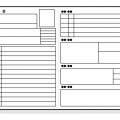When I was helping job interviewers as a consultant, I had an unforgettable interview where one applicant made quite an impression, so I would like to share it here with you.
One day in the morning, I was at a mid-career job interview sitting next to the interviewers from the company. An applicant came in the room. The man was a 31-year-old engineer whose last salary was \4.5 million a year. He changed his jobs twice before and the company would be the fourth place he would work at. His ability was not particularly outstanding but quite satisfactory for his age. Actually, the company was looking for an engineer around 30-year-old, so he was a good candidate at least for the age.
The interview began and one of the executive interviewers asked a question to him. “Why you are changing your job?”
Usually, applicants list standard, flawless answers such as “I want to engage in upper process…”, “I want to directly talk to my clients…” But he was different.
He simply said, “I want higher salary.”
Generally speaking, as written in the Mynavi article below, we think job applicants should not bring up salary during their interviews.
<TOP 5 Worst Answers> at a job interview
Job interviewers at a company gauge how much an applicant would like the position from his/her motive, so the reason for applying for the job is an important factor for screening. If you often fail your job interviews, you might be giving wrong answers to the interviewers.
This time, our publication division conducted a hearing survey among job interviewers of various companies and has found there are some “Bad answers” at an interview regardless of the field or the type of the job.
The last thing you want to do is to ruin the chance with your own remark you think it would make a good impression. Then, we are sharing a list of “Top 5 Bad answers”, the ones particularly criticized by those job interviewers. We are also revealing the real reasons why the interviewers think they are BAD.
As explained in the article, it has been said job seekers should not bring up salary during job interviews. At the interview, other interviewers, except me, were amazed and slightly irritated by him, but I was really stunned by his words. To me, he was truly persuasive because he very naturally mentioned the salary.
He made me wonder, “Higher pay could be one of the most primary reasons for a career change. Why it is a taboo answer?”
In fact, we hear numerous motives as interviewers, but we never know what the applicants say are truly what they are thinking. Why talking about “Money” is inappropriate? In the middle of the interview, I could not help but wonder and forgot asking him questions as an interviewer.
The executive interviewer went on with his question, trying to hear other reasons for his career change besides salary. To the executive, he answered, “The biggest reason is salary, but salary is not the only motive. I of course want to enjoy what I do. Frankly speaking, I will do my best for whatever type of job I am assigned to, anyways. Then, I want to get paid well.”
This time, he put not only me but the executive on mute. To break the silence, I pushed myself and asked him, “If you are paid well, you don’t mind where you work?” He answered, “I do mind, Of course. A good salary is a necessary condition, but not a sufficient one. But, from my 10-year experience as an engineer, I have learned two things. One is that it is almost impossible to engage in what you want no matter how much you long for. The other is that you will feel fulfilled through your task if you try your best.”
Indeed. What he said was extremely convincing. After the job interview, the executive and I could not reach a decision, so we went to the president. We showed the president his curriculum vitae and reported how he responded to our questions.
To our surprise, he said, “He is hired. Well, I will meet him once, though”.
The president went on, “Higher salary is certainly a strong motive. It would be more difficult for us to understand him if he said he pursued something like a sense of accomplishments or professionalism. I like it. Money motivates him. I appreciate his straightforwardness.”
“But our salary offer is not that high”, said the executive.
The president answered, “We never know how much is satisfactory for him. It’s up to him. Not us.”
In the end, he joined the company. I have heard he is doing very well.
I still don’t figure out why, but at least I am not imbued with the belief of “You should not talk about money in your job interview” now
Author’s Facebook accout : https://www.facebook.com/yuya.adachi.58 (Except spam account, to approve anyone.)










